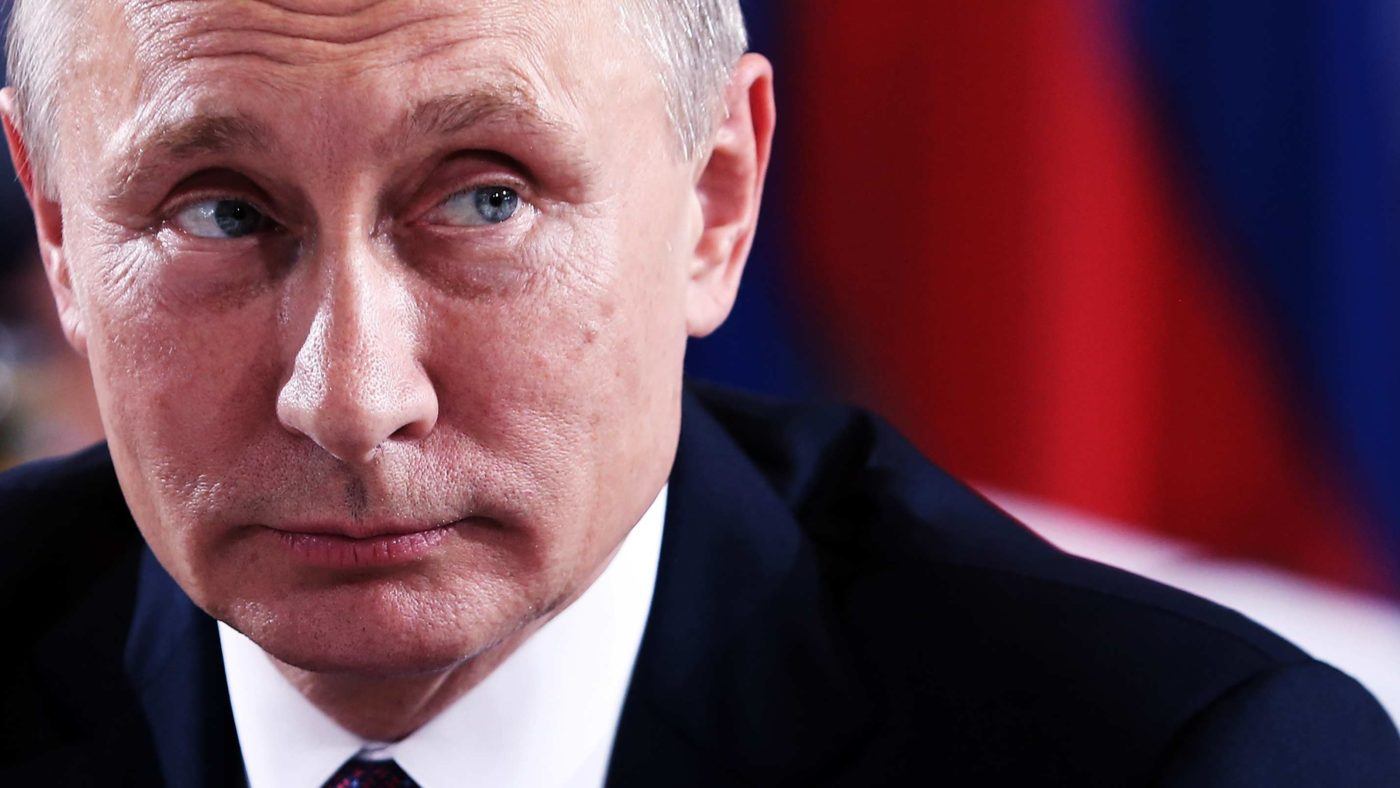Russia tries to tell its neighbours what to do. Then it gets cross with them for objecting to its interference. That, in a nutshell, is the story of European security since 1991. The latest row with Norway exemplifies this.
Norway, it is probably worth pointing out, is hardly an example of—to mimic the Kremlin’s propaganda memes—a historic Russian territory wrenched into the Western sphere of influence by the imperialist warmongers of Nato and their arms-industry backers. Norway is a founding member of Nato. Nor is it an example of Nato trying to encircle Russia. The Norwegian-Russian frontier is in exactly the same place as the Norwegian-Soviet frontier.
But Norway is nervous about Russia, and understandably so. The worries go back to 2007—at a time when talk of a “new cold war” was dismissed in most Western chancelleries as rank scaremongering. In December of that year the Admiral Kuznetsov, the flagship of the Russian fleet, conducted ostentatious military exercises around Norway’s oil and gas platforms in the North Sea, grounding helicopters and causing disruption, fear and anger. That year, Norwegian air-defence monitored just 11 Russian warplanes off Norway’s coast. Last year it was 74.
Other forms of Russian mischief and meddling have increased too. APT 29, the Russian hacking group involved in interfering in the American presidential election, this year turned its attention to Norwegian institutions including the parliament, defence and security agencies. Russian spies harass and intimidate Norwegians in an attempt to recruit them—especially those with dual nationality. Russia has bullied the Pomors, a tiny ethnic minority with ties to Norway. The PST national intelligence service now identifies Russia as Norway’s primary security threat.
No surprises, then that Norway is—reluctantly—increasing its defence spending and intensifying cooperation with other countries, including non-Nato Sweden and Finland. Most recently it has requested that a temporary training deployment of 330 US Marines, stationed some 1,500 km (900 miles) from the Russian border, should stay until the end of 2018. The Russian embassy has issued a remarkable statement saying that the move:
“Makes Norway [a] not fully predictable partner, can also escalate tension and lead to destabilisation of the situation in the Northern region.”
This is the equivalent of a being told by your neighbour: “I don’t like the way you are installing a burglar alarm and buying a dog. If you persist in this unfriendly behaviour I will get so angry with you that I can’t answer for the consequences.”
It’s not just Norway. Neighbouring Sweden and Finland are both upping their security in response to Russia’s threatening behaviour. Sweden has put military forces back onto the island of Gotland, a strategically-significant location in the middle of the Baltic Sea. Finland, always known in the past for a subterranean low profile when it comes to security, is now sponsoring a new centre of excellence in Helsinki to deal with “hybrid war”—the toxic cocktail of propaganda, influence-peddling, cyber-attacks, subversion, economic pressure, military sabre-rattling and other tactics which Russia has honed over the past 25 years.
This comes as a surprise to many in the West, who believed that after 1991 the ghosts of empire and totalitarianism had been laid permanently to rest following the collapse of the Soviet Union. But it is no surprise to countries which know Russia better. In particular the Baltic states of Estonia, Latvia and Lithuania have always had an almost supernaturally sharp sense of the threat from the east. Years before Vladimir Putin came to power, they were worried about Russia, which was bullying them with energy sanctions and cut-off, pumping money into their politics, conducting subversive activity and mounting a venomous propaganda campaign.
Though we didn’t listen, they did warn us. Take for example, a prescient speech by the late Estonian president Lennart Meri, delivered in Hamburg in February 1994. He pointed out the Kremlin’s menacing behaviour towards the Baltic states—at a time when the last remnants of the Soviet occupation forces were still grudgingly withdrawing. Russia complaining that these fragile, traumatised countries had passed language and citizenship laws which it disliked: a problem, it said, that could not be settled “by diplomatic means alone”. That was a clear threat that force was still an option—just as it was 20 years later when Russia invaded, occupied and seized the Ukrainian territory of Crimea.
The good news is that the era of complacency and wishful thinking about Russia in many countries is over. Nato is now taking serious steps to defend the frontline states. Britain has sent 850 soldiers to Estonia, to lead a Nato deployment there. Canada is playing the same role in Latvia, Germany in Lithuania and the United States in Poland.
The Kremlin doesn’t like that, any more than it likes the US Marines’ presence in Norway. But it has only itself to blame. Over the past 25 years. Russia could have consciously tried to be friends with its ex-colonies—after all, they had all helped bring down the evil empire. West Germany managed from the 1950s onwards to befriend the victims of Hitler’s Third Reich, to everyone’s benefit. But Russia chose instead to linger in a post-imperial sulk. We all suffer the consequences.


